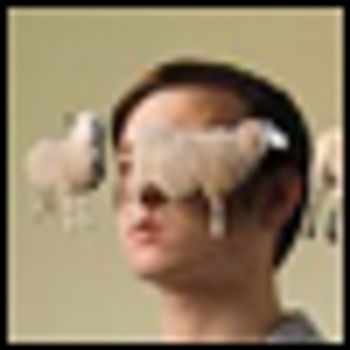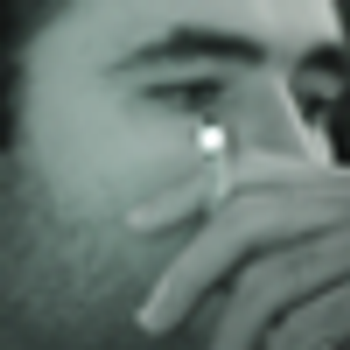
News









See what at least one physician flagged as top challenges providers attesting for Stage 2 will face.















During their time in Ayacucho, these visiting psychiatrists learned that American psychiatric training has wide-reaching cultural value.




After the 20th European Psychiatric Association Congress we made our way home with a detour in Karlovy Vary-Karlsbad-famous for its therapeutic hot springs.

Can you name an important part of good sleep hygiene? The use of which short-acting sedative-hypnotics to treat sleep disturbances in patients is associated with Alzheimer disease? These questions and more.

He wasn’t the first person I met days before I was to start my psychiatric residency, but as I walked about in my new city, he caught my attention much more than most. As psychiatrists, we typically assume that we will hear the inside stories, even if in bits and pieces, that will help us better understand and help patients. But perhaps we are too expectant . . .